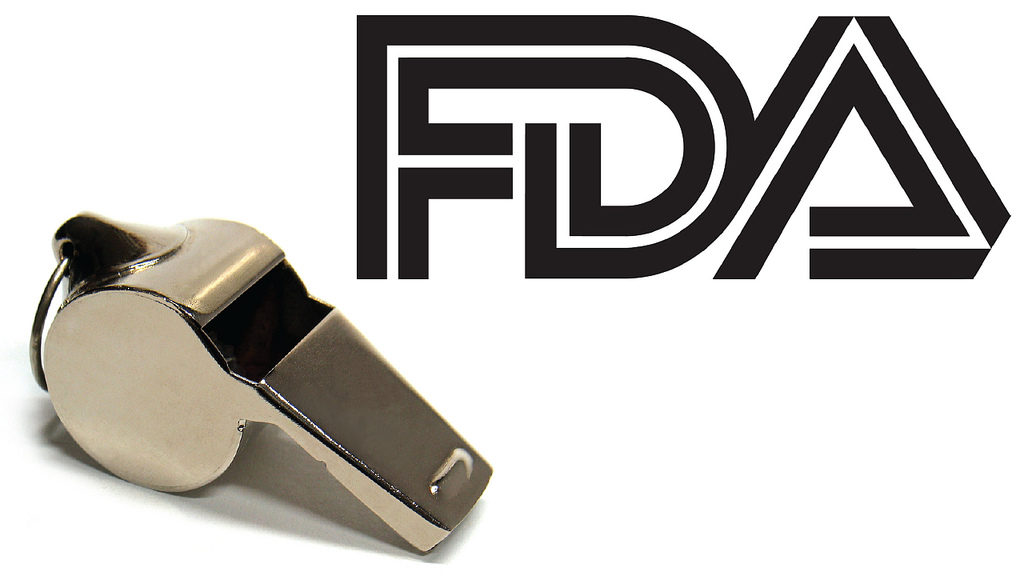A new study, published in JAMA, examines preapproval and confirmatory clinical trials for drugs that received accelerated approval from the US Food and Drug Administration (FDA). The results of the study show that less than half of drug indications granted accelerated approval have confirmatory trials completed within three years, with a third of indications not having confirmed clinical benefits after 5 or more years. In addition, confirmatory trials vary in study design, often relying on nonrandomized designs and surrogate measures to determine efficacy.
The researchers, led by Huseyin Naci, assistant professor of health policy at the London School of Economics and Political Science, write:
“Drugs granted accelerated approval receive market authorization on the basis of fewer studies, smaller patient populations, shorter follow-up, and less-established surrogate measures than drugs approved via the traditional pathway. In these cases, postapproval confirmation of clinical benefit is essential.”

Drugs intended to treat serious or life-threatening conditions can be expedited for approval from the FDA. The authors explain:
“The ‘accelerated approval’ pathway permits the FDA to grant marketing authorization on the basis of surrogate measures, such as biomarkers, laboratory values, or other physical measures that may serve as indicators of clinical outcomes such as symptom control or mortality, that are only ‘reasonably likely’ to predict clinical benefit.”
Accelerated approval may mean a lifesaving drug is available to patients sooner, but it also may result in patients being exposed to greater safety risks. Although the FDA still requires confirmatory trials to test clinical efficacy after accelerated approval, “drugs granted accelerated approval quickly become the standard of care despite the limited evidence on which they were approved,” state the authors.
Studies have shown drugs that receive expedited approval have more postmarket safety events, and that half or fewer of accelerated approval drugs show efficacy in postapproval clinical trials.
The researchers sought “to compare the evidence gathered on qualifying drugs before and after approval, including the extent to which confirmatory studies were completed and determined whether the drugs demonstrated clinically meaningful benefits.” The researchers reviewed FDA public documents to identify drugs that received accelerated approval between 2009 and 2013.
They used the FDA’s approval letters to determine confirmatory study requirements. Both FDA public data and ClinicalTrials.gov were used to investigate whether postapproval study requirements were met.
The FDA granted accelerated approval for 22 drugs (24 indications, as two drugs were approved for two indications) between 2009 and 2013. Approvals were for both novel drugs (n = 13) and supplemental indications (n = 11). The vast majority of indications (n = 19) were for cancer treatment. Almost half (47%) of the 30 studies used for preapproval did not use randomization and did not include a comparator or control group.
For the 24 indications, the FDA required 38 confirmatory studies to test efficacy, longer follow-up, or safety. As of April 2017, when the study ended, half (19/38) of these required studies had been completed. An additional 11 studies were currently being conducted per FDA’s required timeline. The researchers summarize:
“For 14 (58%) of 24 indications granted accelerated approval from 2009 to 2013, results from required confirmatory studies were not available after a median of 5 years of follow-up, and 8(42%) of 19 incomplete confirmatory studies were either terminated or delayed by more than 1 year.”
The researchers find that the quality of postmarketing studies varied widely, with nonrandomized trials remaining common (44%). The researchers also report, “Even though the majority of completed studies showed positive results in the postmarketing period, all completed confirmatory studies demonstrating drug benefit evaluated surrogate measures of disease activity rather than clinical outcomes.”
Two confirmatory studies failed to show clinical benefits. The authors note:
“The FDA may withdraw a therapeutic agent if confirmatory studies fail to verify its clinical benefit. However, according to publicly available documents, the FDA has neither rescinded its approval nor imposed additional requirements for these 2 indications. Historically, the FDA has rarely withdrawn an indication during the 25 years since the accelerated approval pathway was established.”
Drugs receiving accelerated approval undergo less rigorous efficacy and safety testing, but still become part of standard care and are not likely to be removed from the market without significant adverse safety events. Patients facing severe or life-threatening conditions deserve timely access to effective treatments. However, improvements are needed to ensure confirmatory trials have robust research designs, are conducted promptly, and that the FDA responds when trials demonstrate a lack of efficacy.
****
Naci, H., Smalley, K. R., & Kesselheim, A. S. (2017). Characteristics of preapproval and postapproval studies for drugs granted accelerated approval by the US Food and Drug Administration. JAMA, 318(7), 626-636. doi:10.1001/jama.2017.9415 (Link)














